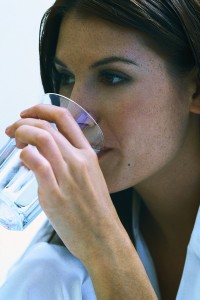 Whenever I offer my 30-Day Nutrition Upgrade program, a few people are always surprised that drinking more water isn’t one of the 10 essential habits that we focus on. After all, it’s been drilled into our heads that we’re all chronically dehydrated and that we must (MUST!) drink AT LEAST 8 glasses of water a day.
Whenever I offer my 30-Day Nutrition Upgrade program, a few people are always surprised that drinking more water isn’t one of the 10 essential habits that we focus on. After all, it’s been drilled into our heads that we’re all chronically dehydrated and that we must (MUST!) drink AT LEAST 8 glasses of water a day.
There are smart phone apps that do nothing but keep track of your water intake and prompt you to drink more.
I’ve been working to debunk the “dehydration myth” for years now. It’s harmless enough, I guess. But I think it sometimes distracts us from things that actually matter a lot more. So I was delighted to see (and repost!) this CDC report, which confirms that Americans are, on average, taking in more than enough water.
Averages, Schmaverages
But, as Liz recently reminded me in an email, averages don’t always tell the entire story. (See Todd Rose’s new book The End of Average.) Despite the fact that Americans in aggregate are well-hydrated, maybe you’re still nervous that you’re teetering on the brink. You’re in luck.
Researchers have determined that if you’re reasonably healthy (and you own a bathroom scale), you can accurately determine your hydration status by answering 3 simple questions, first thing every morning:
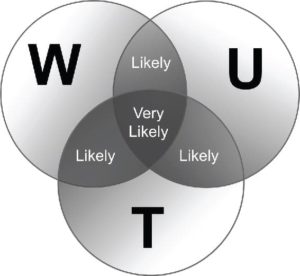 Have I lost more than 1% of my body weight since yesterday morning?
Have I lost more than 1% of my body weight since yesterday morning?- Is my urine dark?
- Am I thirsty?
The researchers stress that none of these things by itself is a reliable indicator of dehydration. However, if you answer yes to any TWO of these questions, you are likely to be dehydrated. If you answer yes to all three, you are very likely to be dehydrated.
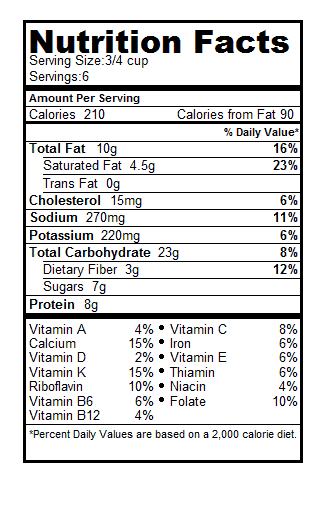

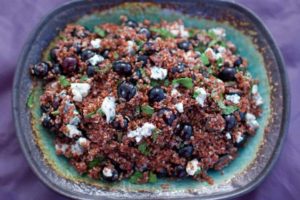
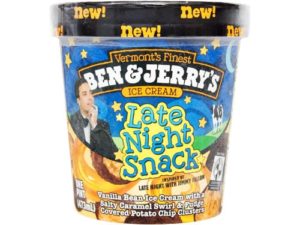
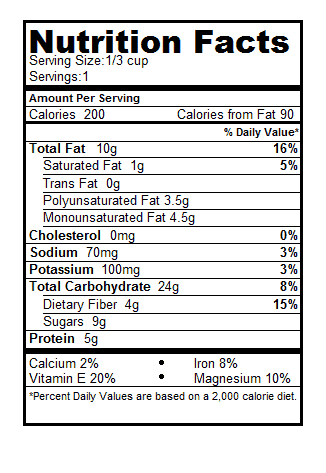
 As if losing weight weren’t already challenging enough, you might also find that you’re not sleeping as well. And we all know (both from research data as well as personal experience) that being under-rested can increase your appetite and reduce your will-power. Perfect, meet storm.
As if losing weight weren’t already challenging enough, you might also find that you’re not sleeping as well. And we all know (both from research data as well as personal experience) that being under-rested can increase your appetite and reduce your will-power. Perfect, meet storm.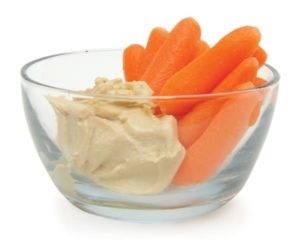
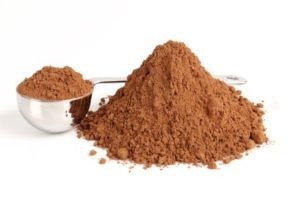

 Have I lost more than 1% of my body weight since yesterday morning?
Have I lost more than 1% of my body weight since yesterday morning?